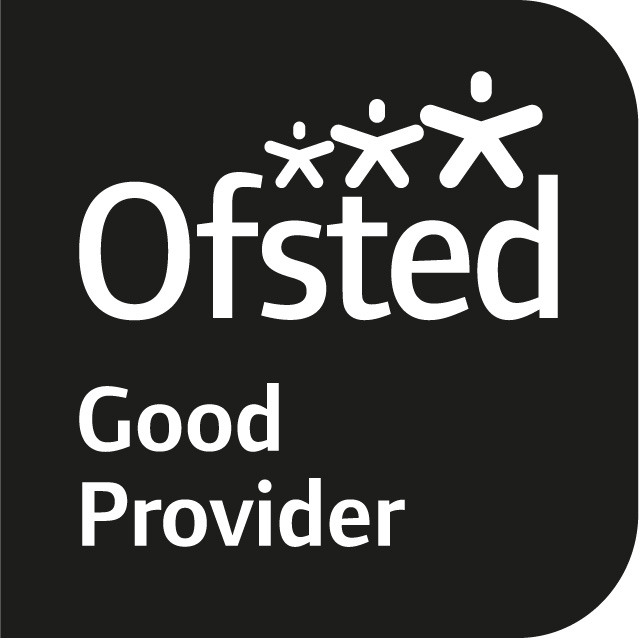
Course may be subject to change.
Taking your first step into a new career needs the right blend of technical and academic knowledge, skills and behaviours to support you. Employers and Higher Education are looking for highly skilled, job-ready individuals with a strong work ethic.This BTEC Nationals in Information Technology is perfect for those aiming to go onto employment, usually via the steppingstone of Higher Education. Employers and Higher Education providers are looking for highly skilled, job-ready individuals with a strong work ethic.The BTEC Level 3 Foundation Diploma in IT follows GCSEs and is equivalent to 1.5 A-Levels. This one year programme provides a foundation in core aspects of IT enabling you to make an informed choice between Cyber Security or Software Development if you progress to an Extended Diploma with a second year of study. The Computing & IT industry adapts to current needs at an extremely fast pace. Our programmes reflect this and are informed by industry to mirror the skill set required.
Additional Costs
We ask all students to contribute £30 to trips and visits - this is payable in September.We also recommend the two texts below which are developed by the examining body:
- Revise BTEC National Computing Revision Workbook, Publisher: Pearson, ISBN: 9781292150192.
- Revise BTEC National Computing Revision Guide, Publisher: Pearson, Author: Mark Fishpool, Christine Gate, Steve Farrell,Richard McGill, ISBN: 9781292150208.
What are the next steps?
You will meet with a course tutor to find out more about the course, discuss which course is right for you and see the facilities. Please bring your GCSE grades/predicted grades or any other relevant qualifications.
Study Aims
This qualification is for you if you want to start a career in the Computing and Information Technology sector. The course is designed for school leavers (aged 16+) and is an ideal qualification if you are intending to progress directly to employment within the digital industry, to a digital apprenticeship or to Higher Education.
Modules Studied
- Information Technology Systems: You will study the role of computer systems and the implications of their use in personal and professional situations.
- Creating Systems to Manage Information: You will study the design, creation, testing and evaluation of a relational database system to manage information.
- Social Media in Business: You will explore how businesses use social media to promote their products and services. You will also implement social media activities in a business to meet requirements.
- Programming: You will study the underpinning concepts and implications of programming languages to design, develop and test computer programs.
- Data Modelling: You will study how data modelling can be used to solve problems. You will design and implement a data model to meet client requirements.
- Website Development: You will investigate website development principles. You will design and develop a website using scripting languages.
- Computer Games Development: You will investigate the computer games industry and its impact on technological and social trends. You will design and develop a computer game to meet requirements.
Times of Delivery
- Monday - 9am - 4pm ~Tuesday - 9am - 4pm ~Wednesday - 9am - 4pm ~Thursday - 9am - 4pm ~Friday - 9am - 4pm
Any times indicated are based on current courses and may be subject to change in future years. Full timetables will be confirmed at the start of each course.
Teaching and Assessment
You will have access to a wide variety of resources and course related materials in class and via on our online virtual learning environment. Your study programme will include preparation for employment and an expectation to complete relevant work experience and independent study.Teaching will be a variety of classroom based, self-study and workplace learning activities. Assessment is both formative and summative.Formative assessment of learning will be through a range of methods such as peer assessment, self-assessment and tutor assessment including observations, group work, written assignment, oral presentations and projects and aims to support your learning in preparation for summative assessment.Summative assessment is undertaken through synoptic projects and exams conducted by the awarding body and assignments assessed internally.
Industry Links
The computing and IT curriculum area enjoys extensive links to industry, including:
- Durham County Council
- British Telecom
- Hewlett Packard
- NVIDIA
- British Airways
- Sage
- Leighton
- Waterstones
- CA Group
- Nissan
- And many more.
Placement
You will be required to complete a work placement of at least 70 hours (approximately 10 days) for each academic year of study. Wherever possible, we ask you to try and source a meaningful placement, however, if this is not possible, we do have limited opportunities sourced through the College. You will be expected to proactively engage with applying for a placement as they become available. All of our placement opportunities will be posted to your online learning system. You will always perform to the best of your ability and conduct yourself in a professional manner as if an employee of your placement organisation.
Your Foundation Diploma in IT carries UCAS tariff points. This course includes all of the modules for the first year of an Extended Diploma in IT and therefore meets the entry requirements for progression to Year 2 of either:
- BTEC Extended Diploma in IT (Cyber Security), or
- BTEC Extended Diploma in IT (Software Development)


